► Plenary Session 1: Trade and the Environment
Trends in international trade and the environment are mutually interdependent. On the one hand trade liberalization may exaggerate environment trends through increased resource consumption and pollution, and may also lead to the ‘social dumping’ of high polluting industries to low-regulation countries. On the other hand, environmental regulation can help to alleviate these adverse effects and to find a more optimum balance between the often divergent demands of growth and environmental preservation. In light of the fact that unilateral regulation may limit a country’s competitiveness and reduce growth, finding such an optimum in a world with limited inter-country coordination of environment regulation is difficult. This plenary introduces the trade/environment paradigm, raises the need for global coordination, and emphasizes the importance of science in developing methods that will enable the benefits of trade to be sustainably captured.
Chaired by:
Yuesheng WANG, Director, Department of International Economics, School of Economics, Peking University
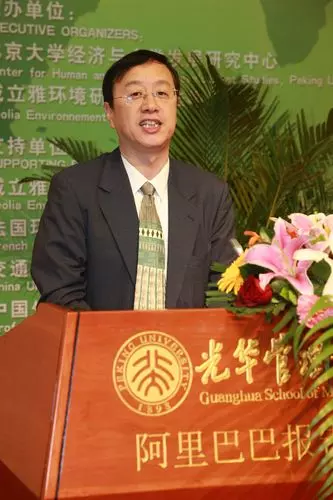
His research interests:
- World economy and China's economy
- International enterprises system and multinational enterprises
- New institutional economy and transition economy
Speakers
Youngjiang GU, Chairman of China Society for WTO Studies
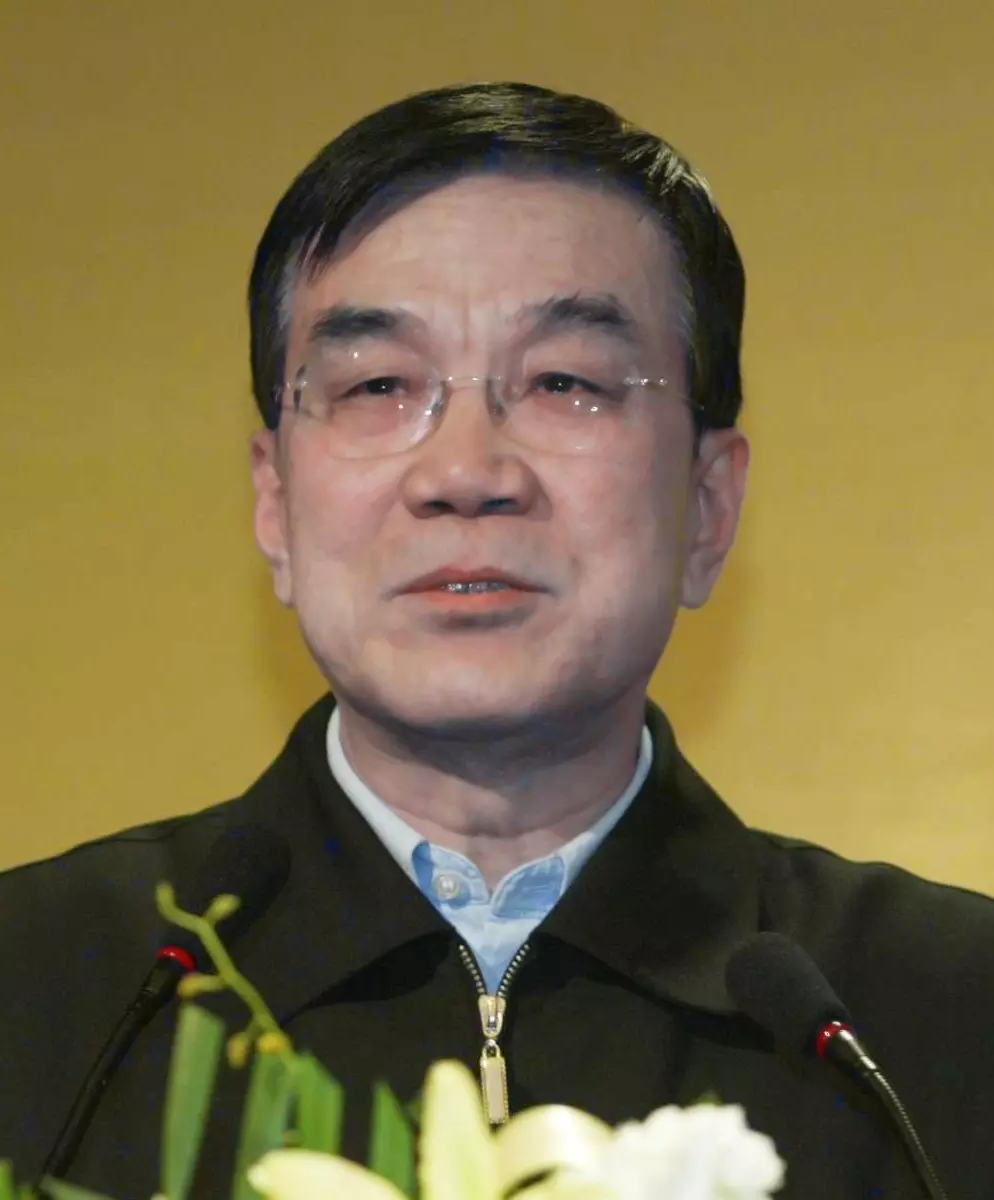
Jiahuang WU, Vice-Chairman of China Society for WTO Studies
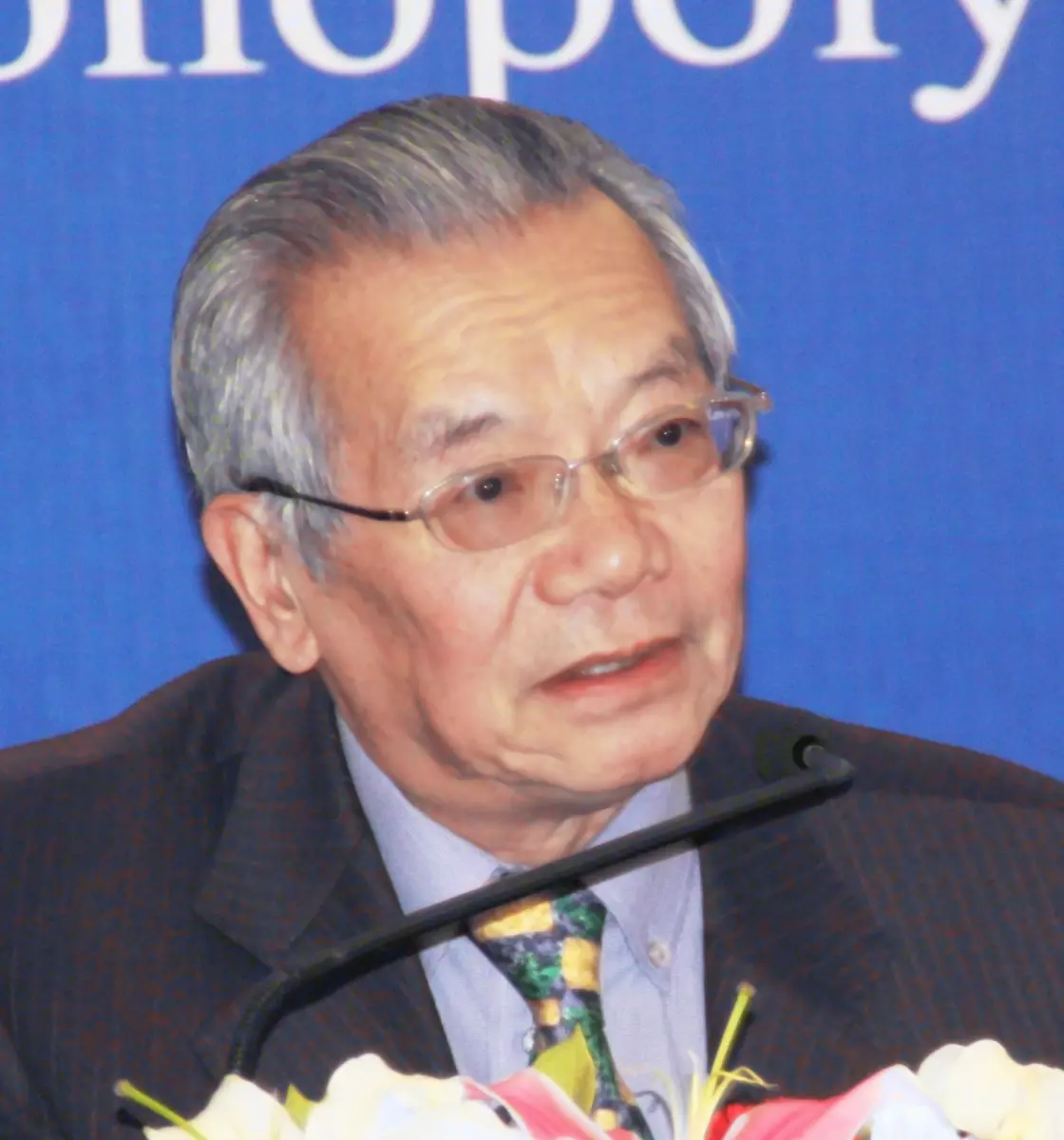
Since 1999 he has practiced consultancy for transnational corporations in the field of trade, investment and WTO related issues. He acted as market access chief negotiator in China’s GATT/WTO Negotiation Team for 13 years. Mr. Wu served as Deputy Director-General and Director-General of Tariff Department of China’s Customs General Administration, counselor for GATT Affairs in China’s Permanent Mission in Geneva, member of Textiles Surveillance Body established under the Agreement regarding International Trade in Textiles, Director for UNCTAD and GATT affairs in the Ministry of Foreign Trade and Economics Cooperation (MOFTEC) ,a commercial secretary for UN Economic Affair in China’s permanent mission in Geneva., a trade officer in the Third Regional Policy Department, Ministry of Foreign Trade.
From 1978 to 1981 he served the United Nation headquarters in Geneva as conference affairs officer. He organized UNCTAC meetings and conferences, acting as Chairman’s right-hand man.
Xiangchen ZHANG, Minister and deputy permanent representative of China’s mission to WTO
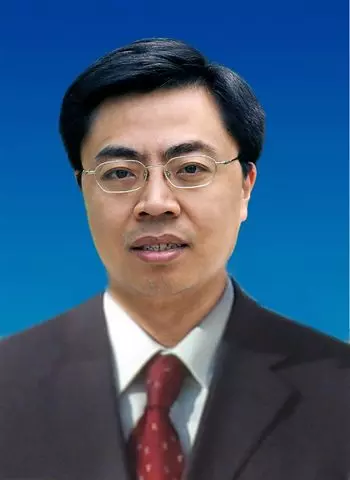
In 2005, Dr. Zhang was named China’s chief representative for Sino-Australian FTA negotiation.
From 1992 to 2001, Dr. Zhang was a leading aide to China’s Chief Representative for GATT/WTO accession negotiation.
Dr. Zhang holds a JD degree from Peking University. He was an advanced visiting scholar at the Institute of International Relations of John Hopkins University of U.S.in 2002.His main publications include The World outside Window :WTO and globalization in my eyes(July 2008) ,Sino-US Relations after WTO(September 2002) and Developing Countries in WTO :Politics and Economics(January 2000).
Harry CLARKE, Professor of Economics, La Trobe University in Melbourne, Australia
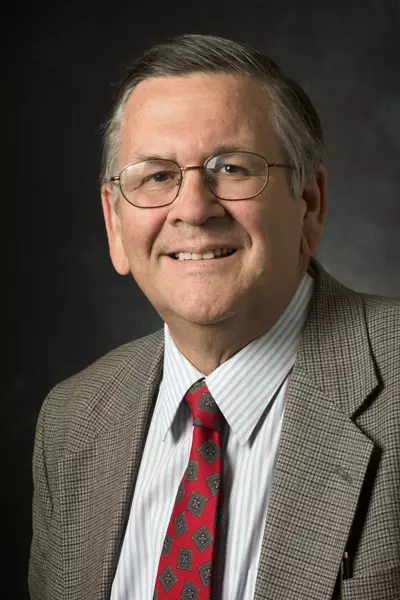
Pierre Marc JOHNSON, former Premier of Québec
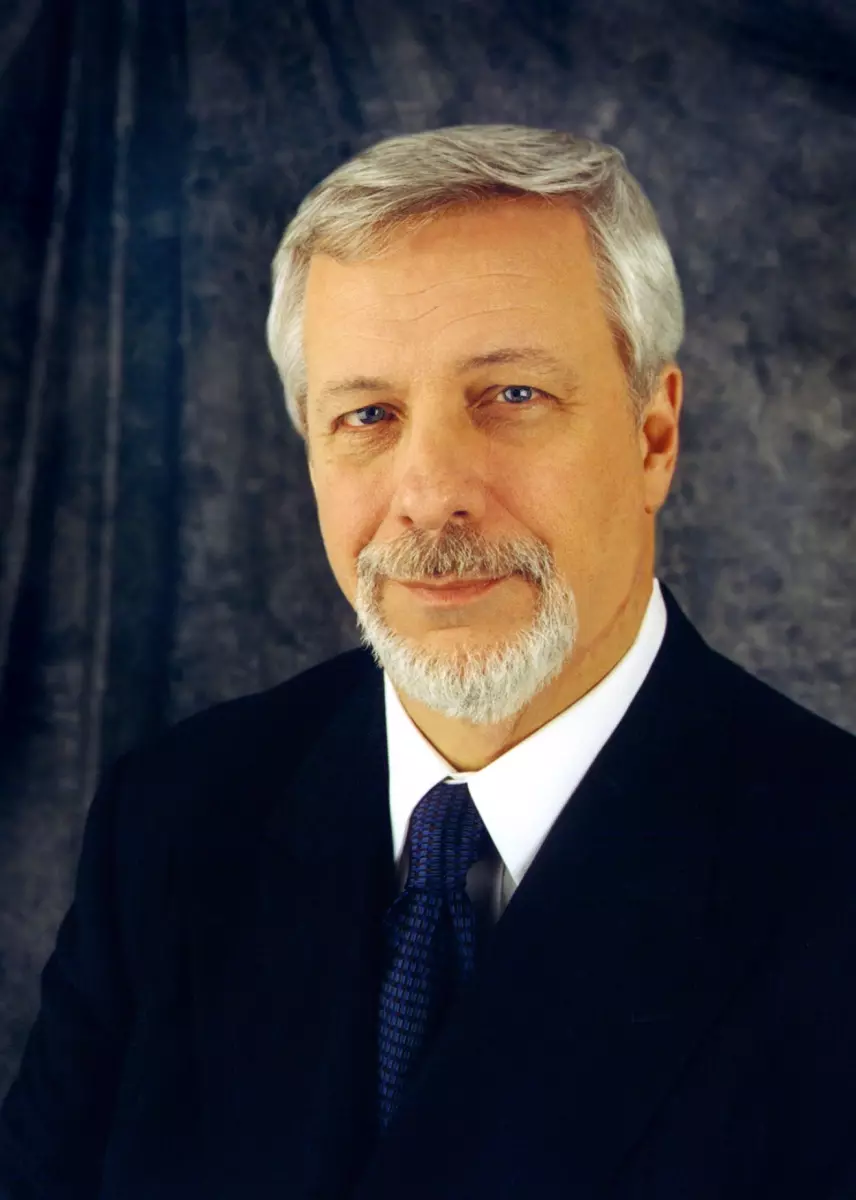
Guang XIA, Director General of the PRCEE, Ministry of Environmental Protection, China
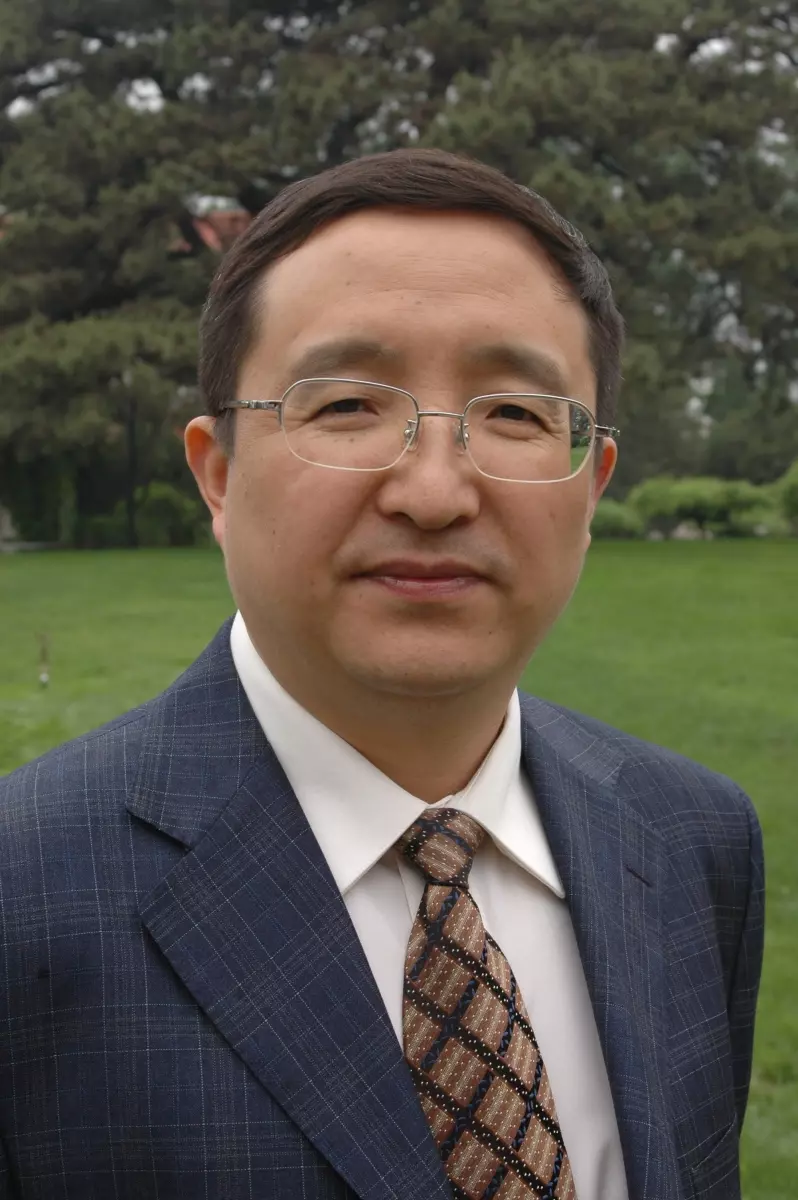
Youfu XIA, Professor at University of International Business & Economics
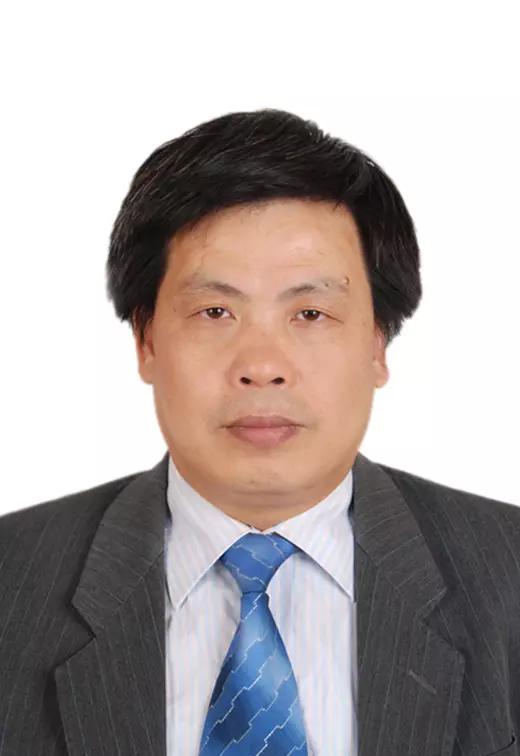
Zhang YANSHENG, Director, Institute for International Economic Research
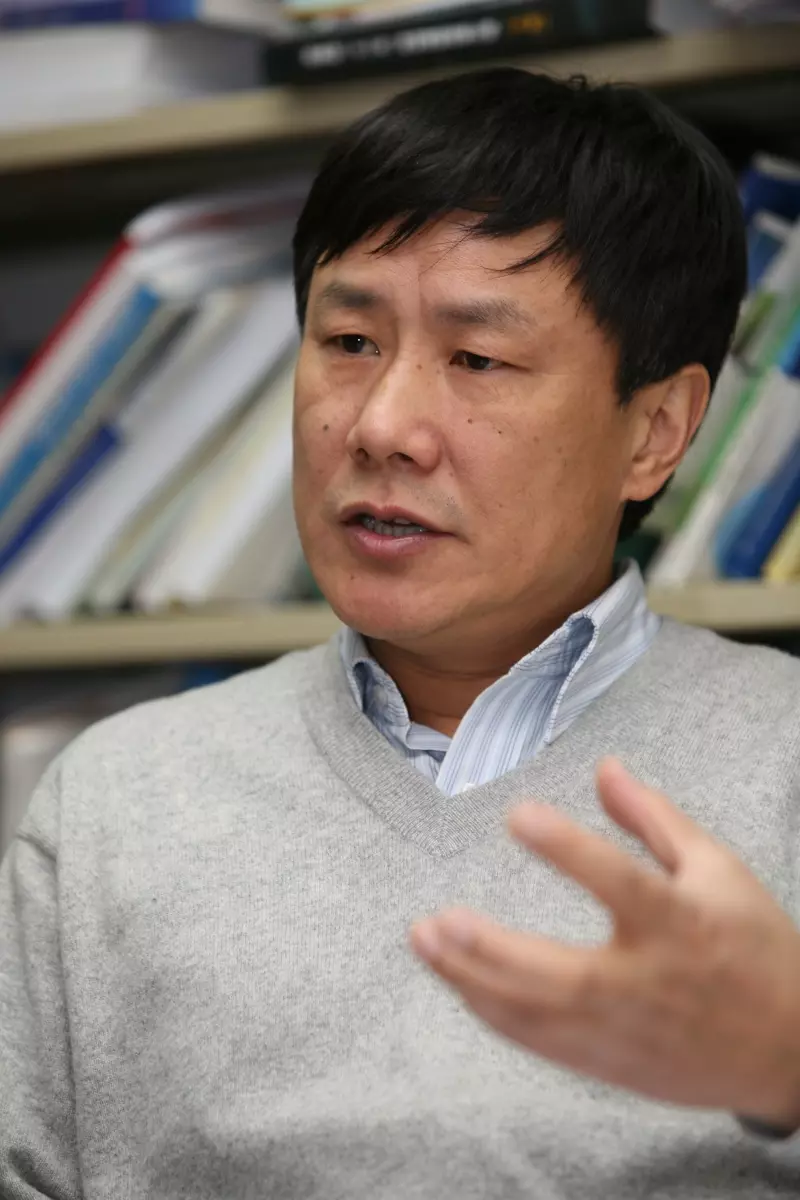
Professor Zhang holds MSc. in Economics (Huazhong University of Science and Technology, 1984). He has been a visiting fellow in Colorado University, Toronto University, and World Bank EDI from 1986 to 1988.
Professor Zhang has publicized more than 20 Chinese and English monographs (including co-author), more than 200 papers. Zhang was awarded the SunYefang Economic Science Works Prize, the First Class Excellent Research Prize of the NDRC, China Development Research Prize and other prizes.
Harvey FINEBERG, President, National Institute of Medicine, USA
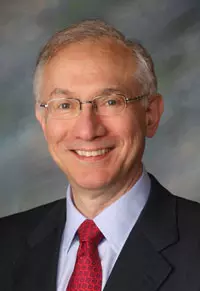
► Plenary Session 2: Urbanization and the Environment
Several regions of the world are facing important challenges since they have to deal with a fast-paced urbanization combined with a weakening environment. On the one hand, there is a general consensus on the need to protect environmental resources and to integrate the carbon constraint. On the other hand, the urban ratio of the world's population is projected to reach 60% by 2030. Despite the striking sprawl of mega cities and the challenges it presents, most of the population increase will happen in smaller cities and towns. Therefore, these global phenomena will change the way cities are managed locally and will create major mutations in the future (infrastructure, land use, etc.). Important transformations are already perceptible such as the development of “green cities”.
Chaired by:
Chen AIMIN, Vice President of SiChuan University
Speakers
Baoxing QIU, Vice Minister, Ministry of Construction, China
Bharat DAHIYA, Human Settlements Officer, Regional Office for Asia & the Pacific, JAPAN
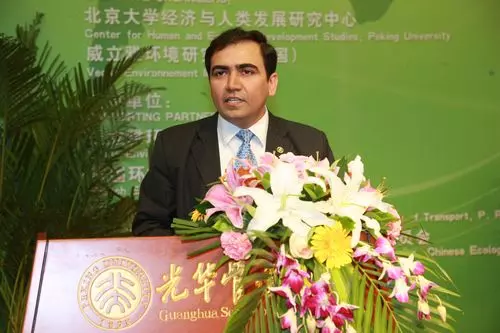
Dr. Dahiya has extensively written on the issues of urban environment, development and governance, including policy and strategy notes on the Millennium Development Goals and urban poverty. He conducted the first systematic review of the World Bank’s investments in improving urban liveability, published as a co-authored book, Urban Environment and Infrastructure: Toward Livable Cities (2004), in the Bank’s Directions in Development Series. This evaluative work developed the concept of the Expanded Brown Agenda – which included in the Brown Agenda the sustainable urban planning and development issues related to the prevention and mitigation of the urban impacts of natural disasters and climate change. At present, Dr. Dahiya is the substantive editor of the first State of Asian Cities Report 2010, which looks into the state of Asian cities with regard to demographic trends, economic productivity, urban poverty and social inclusion, urban environment and climate change, and urban governance.
François MOISAN, executive Director of Strategy and Research and Scientific Director, ADEME
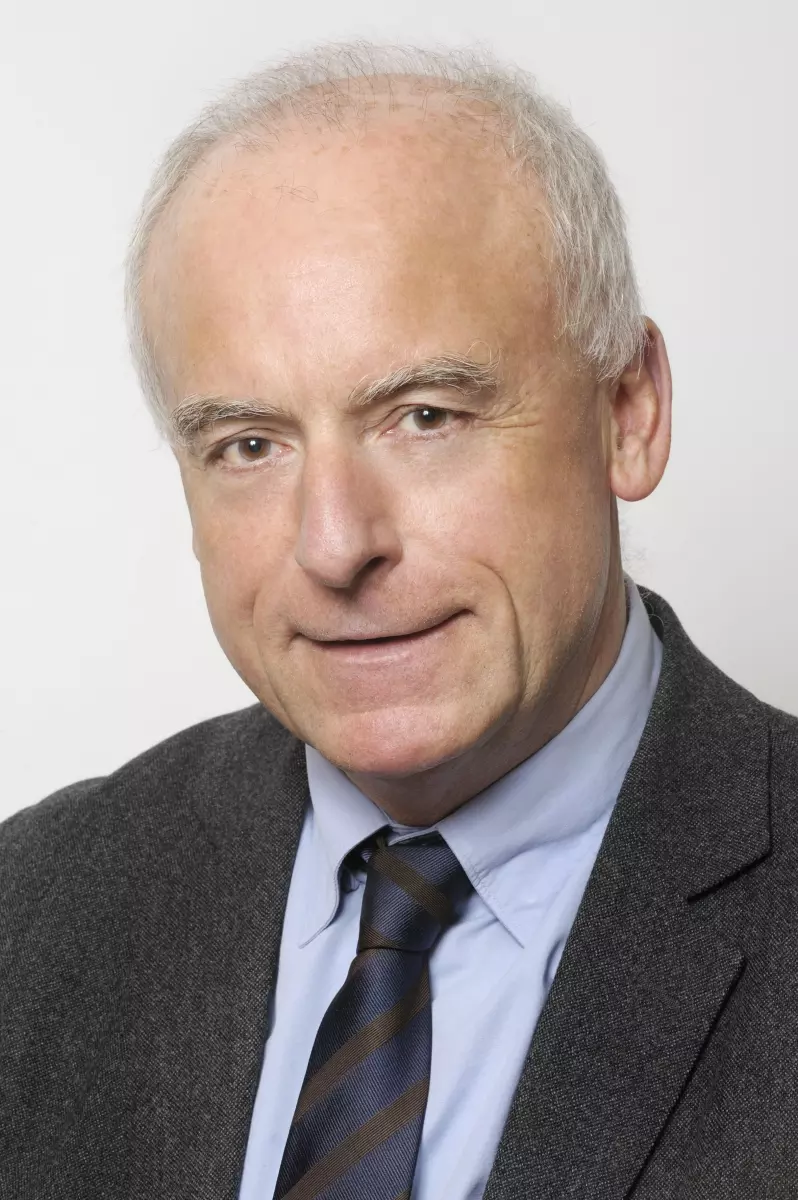
He joined the French Agency on Energy in 1982.
He was Chairman of IEA (International Energy Agency) energy efficiency working party (2002-2005) and Chairman of the European Council for an Energy Efficient Economy (ECEEE, sister of ACEEE).
He is Chairman of the Energy Efficiency Committee of World Energy Council. He was involved in Kyoto Protocol negotiation from 1997 to 2004. He is member of the International Partnership on Hydrogen Economy as French representative. François Moisan is Electrical Engineer and Doctor in Economic Science (Université de Grenoble)
Chaolin GU, Professor, the School of Architecture, Tsinghua University
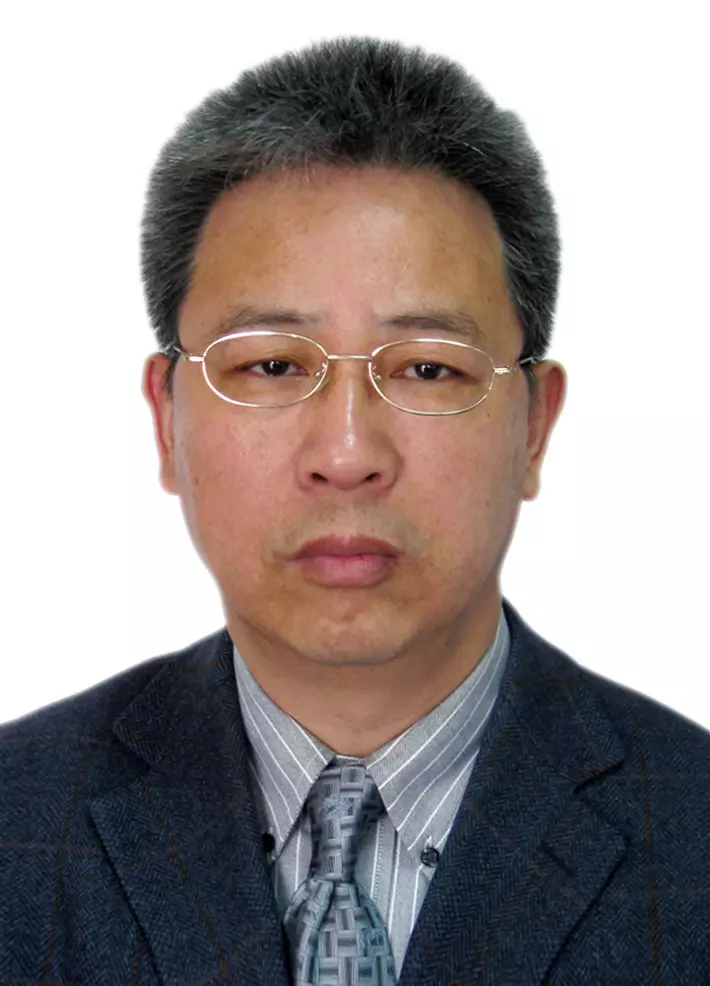
Shiqiu ZHANG, Deputy Dean, Peking University
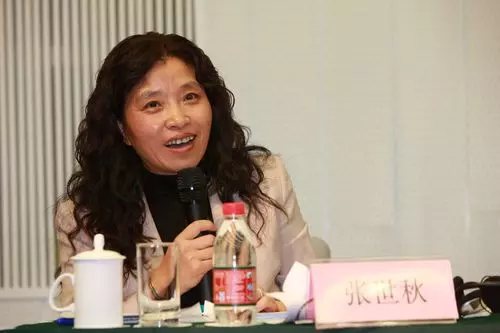
She is a Senior expert member of UNEP Technology and Economic Assessment Panel for implementing Montreal Protocol, Co-Chair of the Task force for Replenishment of the Multilateral Fund of Montreal Protocol. She is a member of Advisory Committee of Environment and Economy Program for Southeast Asia (EEPSEA).
Kai WANG, Deputy Chief Planner, China Academy of Urban Planning and Design
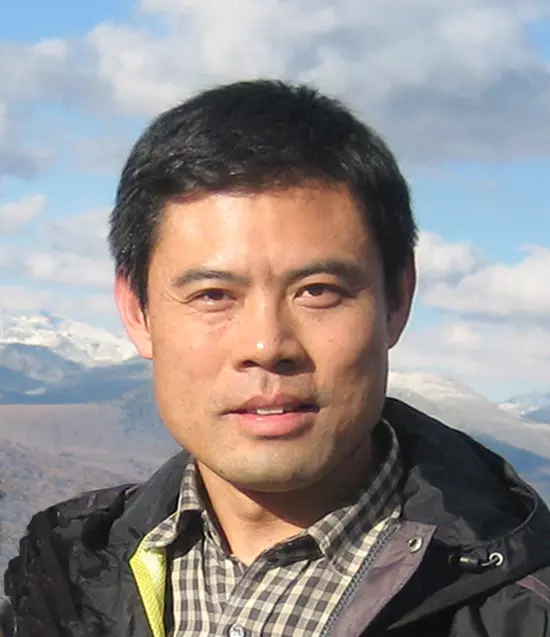
Mr. Wang is experience in various kinds of work and familiar with urbanization, urban policy, urban and regional planning.
Saskia SASSEN, Robert S. Lynd Professor of Sociology, Columbia University, USA
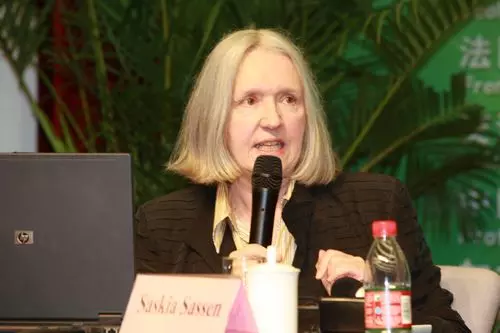
(Chaired by Shi Yonghai)
Support and initiatives ranging from multilateral agencies to city-to-city dialogue are growing between the European and Asian regions in order to promote sustainable development and clean trade. The development of joint programs and the sharing of good practices in the field of education, technologies and scientific expertise are just so many opportunities to promote and implement new sustainable pathways.
The questions addressed include:
1. What should be the main objectives of greater cooperation between Europe and Asia in terms of trade and the environment and/or urbanization and the environment?
2. What is the most important thing to do to increase, strengthen or enlarge Europe-Asia cooperation on the environment?
3. What role could city-level cooperation play, and what measures could cities take in this?
Youngjiang GU, Chairman of China Society for WTO Studies

Adil NAJAM, Frederick S. Pardee Professor of Global Public Policy; Director, Pardee Center
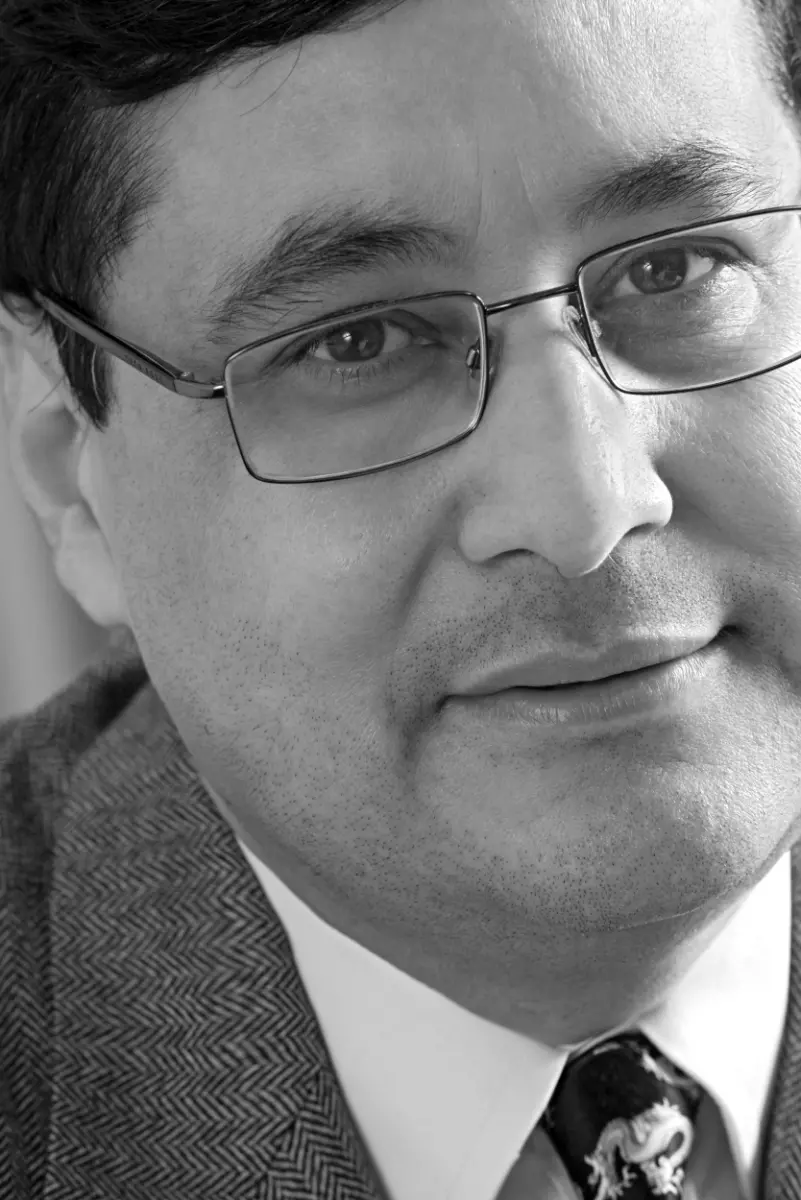
Prof. Najam was a lead author for the third and fourth assessments of the Intergovernmental Panel on Climate Change (IPCC), work for which the IPCC was awarded the 2007 Nobel Peace. In 2008 he was appointed by the UN Secretary-General to serve on the United Nations Committee for Development Policy (CDP). In 2009, the President of Pakistan conferred on him one of Pakistan’s highest civil honors, the medal Sitara-i-Imtiaz (SI), for his distinguished services to education and environment.
HUANG Luxin, Director, Department of international Cooperation and Development, China
-
1986, Bsc Landscape Architecture, Architecture Department, Tongji University
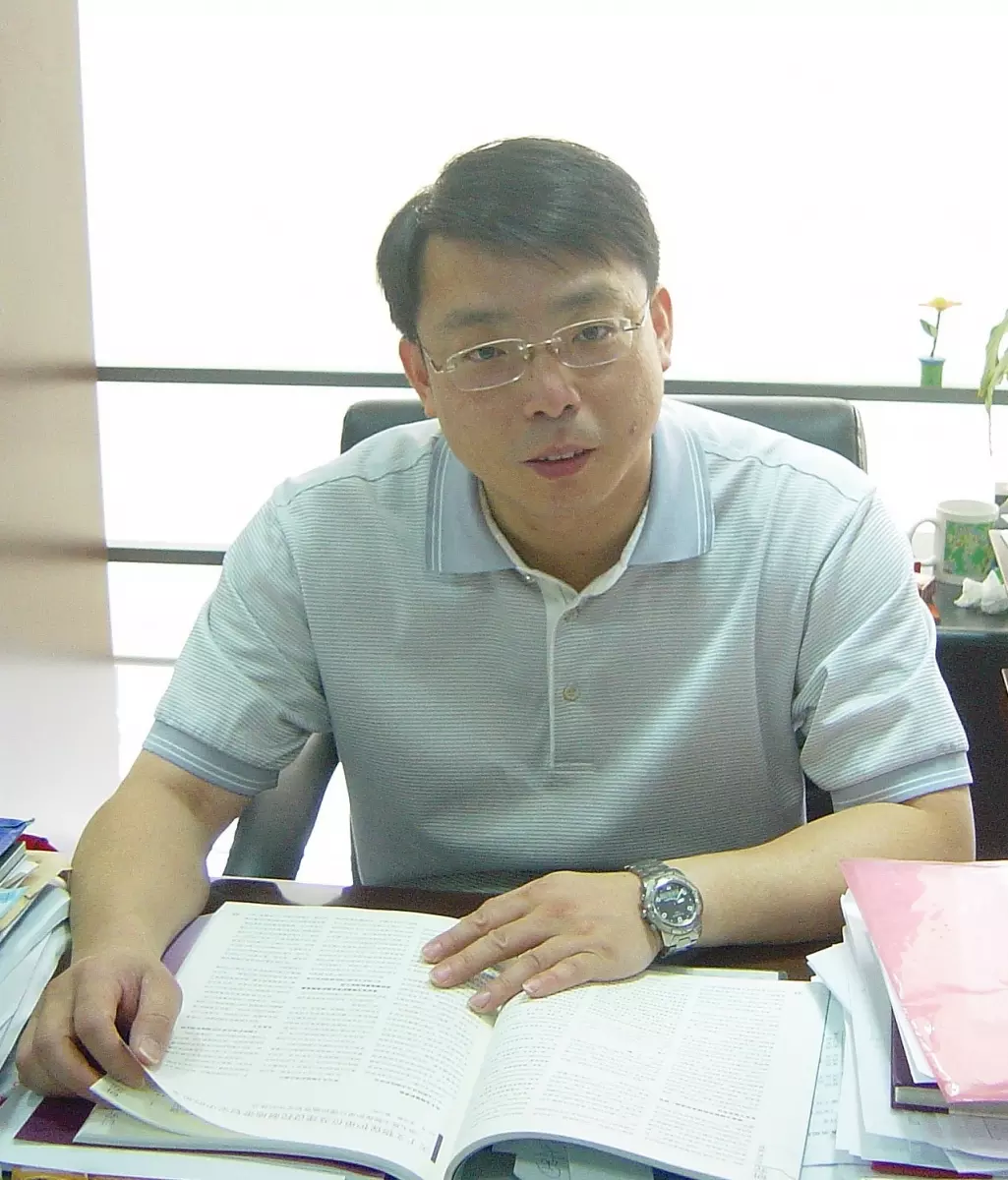
- 1986-present, working with China Academy of Urban Planning and Design (CAUPD)
- 2000, Senior Planner and Registered Planner
- 2001, Msc Urban Planning, CUPEM, Iniversity of Hong Kong
- 2002-present, Director, Department of International Cooperation and Development, CAUPD
- 2007-present, Director, International Planning Research Studio, CAUPD & Deputy Director and Secretary General, ACoFSUP & Member of Editorial Board, Urban Planning International
- 2009, Member of Directors, Urban Planning Society of China
- Key research interest: Community development and planning, eco-city planning.
Laurence TUBIANA, Director IDDRI, France and Head of Dpt. of global public goods, Ministry for Foreign Affairs
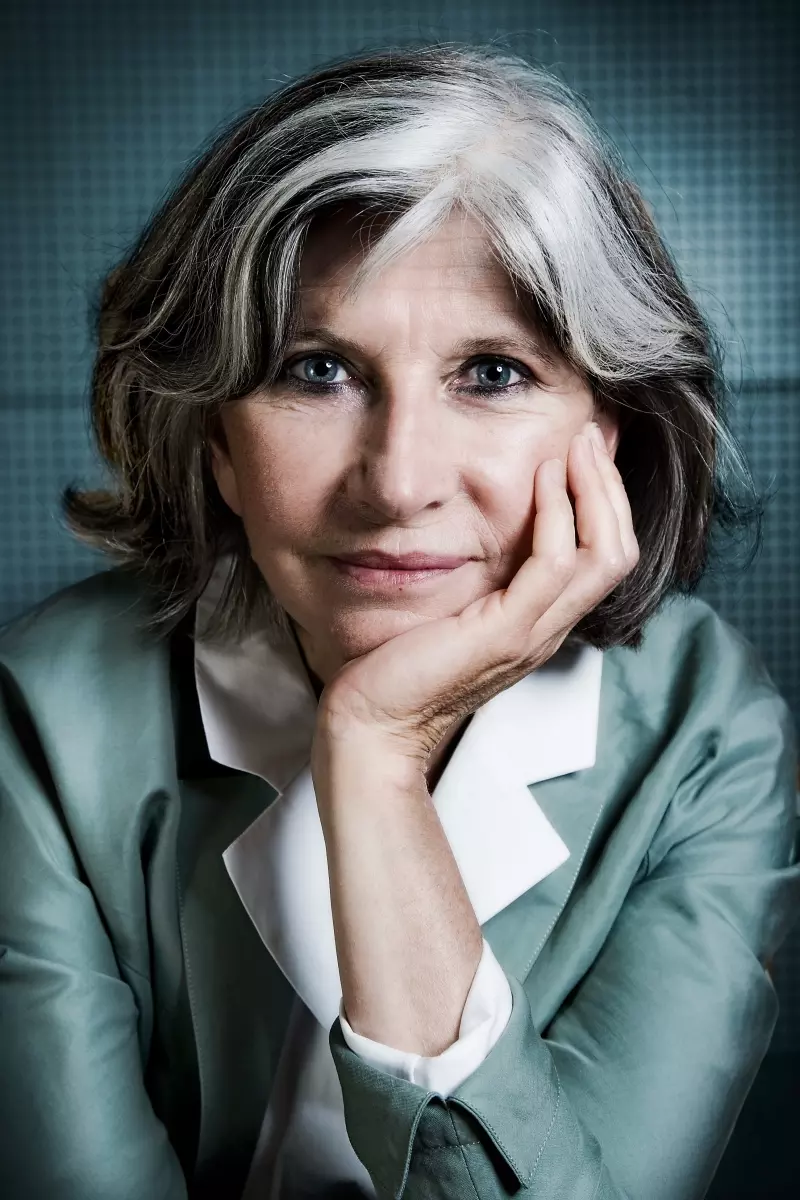
From 1997 to 2002, Laurence Tubiana served as senior advisor to the Prime Minister, Lionel Jospin, on environmental issues and conducted a number of international negotiations on this subject. She was also member of the French Council of Economic Analysis and research director for the French National Institute for Agricultural Research (INRA). She has been a representative of the European NGOs at the World Bank and founded the French-based NGO Solagral.
Founder of the journal Le Courrier de la Planète, she published a number of articles and books on environment, development and international issues. Since 2007, she has co-directed the publication of the annual review Sustainable Development in Action – A Planet for Life.
Laurence Tubiana studied at the Institut d’Etudes Politiques de Paris and holds a PhD in economics.
Zhang YANSHENG, Director, Institute for International Economic Research

Professor Zhang holds MSc. in Economics (Huazhong University of Science and Technology, 1984). He has been a visiting fellow in Colorado University, Toronto University, and World Bank EDI from 1986 to 1988.
Professor Zhang has publicized more than 20 Chinese and English monographs (including co-author), more than 200 papers. Zhang was awarded the SunYefang Economic Science Works Prize, the First Class Excellent Research Prize of the NDRC, China Development Research Prize and other prizes.

